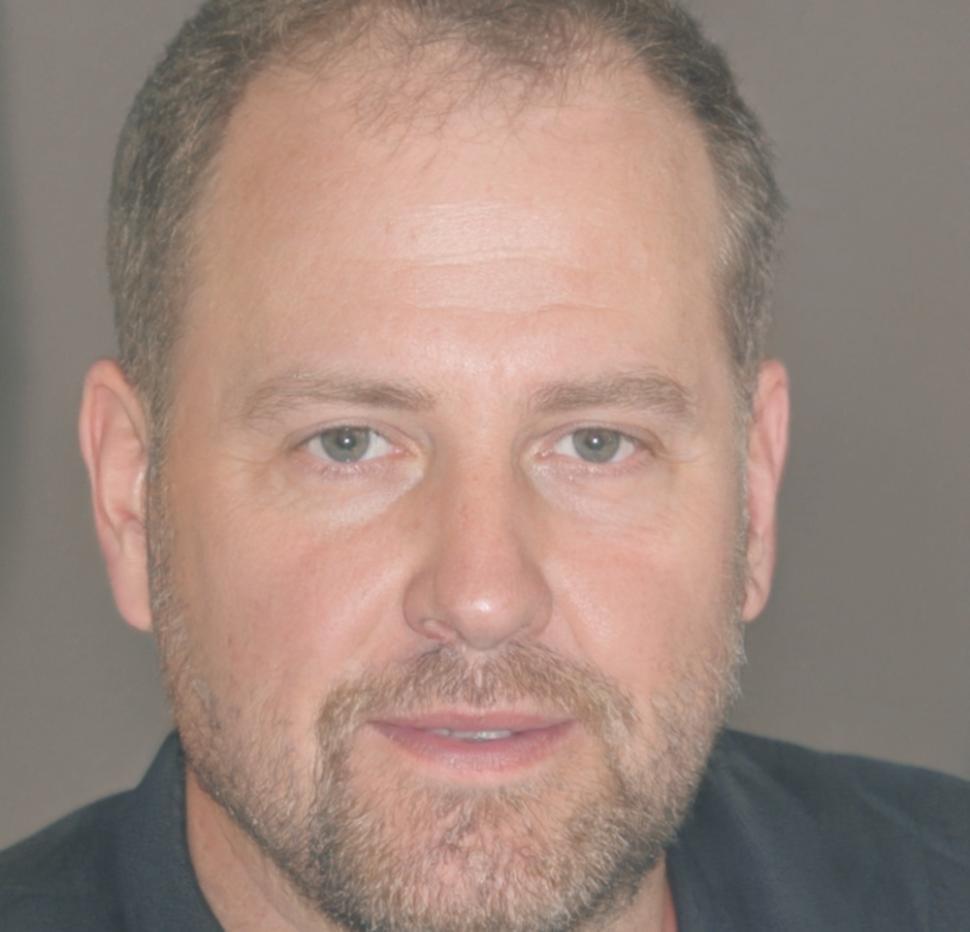Understanding Tax Efficiency in Thailand
Most people overpay on taxes simply because they don't understand the available deductions. This guide walks through practical strategies for optimizing your tax position legally.
Read Full Article →Planning your finances isn't about quick wins or magic formulas. It's about understanding how money actually works in your life and making decisions that stick. We help people in Thailand learn practical economic planning that fits their real situations.
Explore Programs
Most financial education misses the point. You don't need more tips. You need to understand why you make the choices you do, and then build better systems around that reality.
We begin with where you are right now. No judgment about past decisions. Look at your actual spending patterns, income sources, and what matters most to you personally.
Learn the concepts that actually matter for economic planning. Not theory for theory's sake, but ideas you can use next week when making real decisions about your money.
Develop practical routines that work with your lifestyle. Whether it's tracking expenses, planning investments, or managing debt, you'll have systems that don't require constant willpower.

Here's something I've noticed after years working with people on their finances. The advice industry loves giving you rules. "Save 20% of your income." "Never have more than three credit cards." "Always invest in index funds."
But your life doesn't follow rules. Maybe you're supporting family members. Maybe you work in a field with irregular income. Maybe you're rebuilding after a setback.
Our approach focuses on building understanding rather than following prescriptions. When you know how different financial tools work, you can make choices that fit your actual circumstances.
The programs we offer starting in September 2025 will walk through economic concepts in a way that makes sense for people living in Thailand's economy. Not generic international advice that may or may not apply to your situation.

Small Business Owner
I spent years stressing about money but never really looking at the numbers. The program helped me see patterns I'd been ignoring. Now I have a clear picture of cash flow and can make decisions without that constant anxiety.

Marketing Professional
What surprised me most was learning that I wasn't bad with money. I just didn't have systems in place. Once I understood the concepts and built routines around them, everything got easier. My financial situation hasn't completely transformed overnight, but I finally feel like I'm steering instead of drifting.
We publish detailed articles about economic planning topics that matter to people managing money in Thailand. These aren't quick listicles. They're thorough explorations of specific challenges.

Most people overpay on taxes simply because they don't understand the available deductions. This guide walks through practical strategies for optimizing your tax position legally.
Read Full Article →
The standard advice is to save six months of expenses. But what if that's not realistic right now? Here's how to start small and build financial resilience gradually.
Read Full Article →
You don't need to become a finance expert to invest wisely. Learn the fundamental concepts that help you evaluate opportunities and avoid common mistakes.
Read Full Article →What if I'm starting from zero knowledge about finance?
That's exactly who we design for. The September 2025 programs assume no prior financial education. We start with basics and build from there. Many participants have told us they wished they'd learned this stuff in school.
How much time does this require each week?
Plan for about 4-6 hours weekly. That includes watching materials, doing exercises, and implementing what you learn. Some weeks might be lighter, others heavier depending on your pace.
Is this relevant for my specific situation in Thailand?
All content addresses the Thai economic context. Tax considerations, investment options, banking systems. We don't just translate international content. We create material specifically for people managing money here.
What if I fall behind on the schedule?
Life happens. All materials stay accessible, so you can catch up at your own pace. The October 2025 cohort will have flexible pacing built in from the start.
Can I ask questions about my personal situation?
You can ask general questions during sessions. For specific personal advice, we offer optional one-on-one consultations separately. The program teaches concepts and frameworks, not individual financial planning.
What ongoing support is available?
You'll have access to a community space where past participants share experiences and ask questions. We also send monthly updates about economic changes that might affect your planning.
Do you offer advanced programs after the basics?
Yes. We're developing intermediate courses launching in early 2026 covering topics like property investment, business finance, and retirement planning. Graduates get early access and discounted rates.